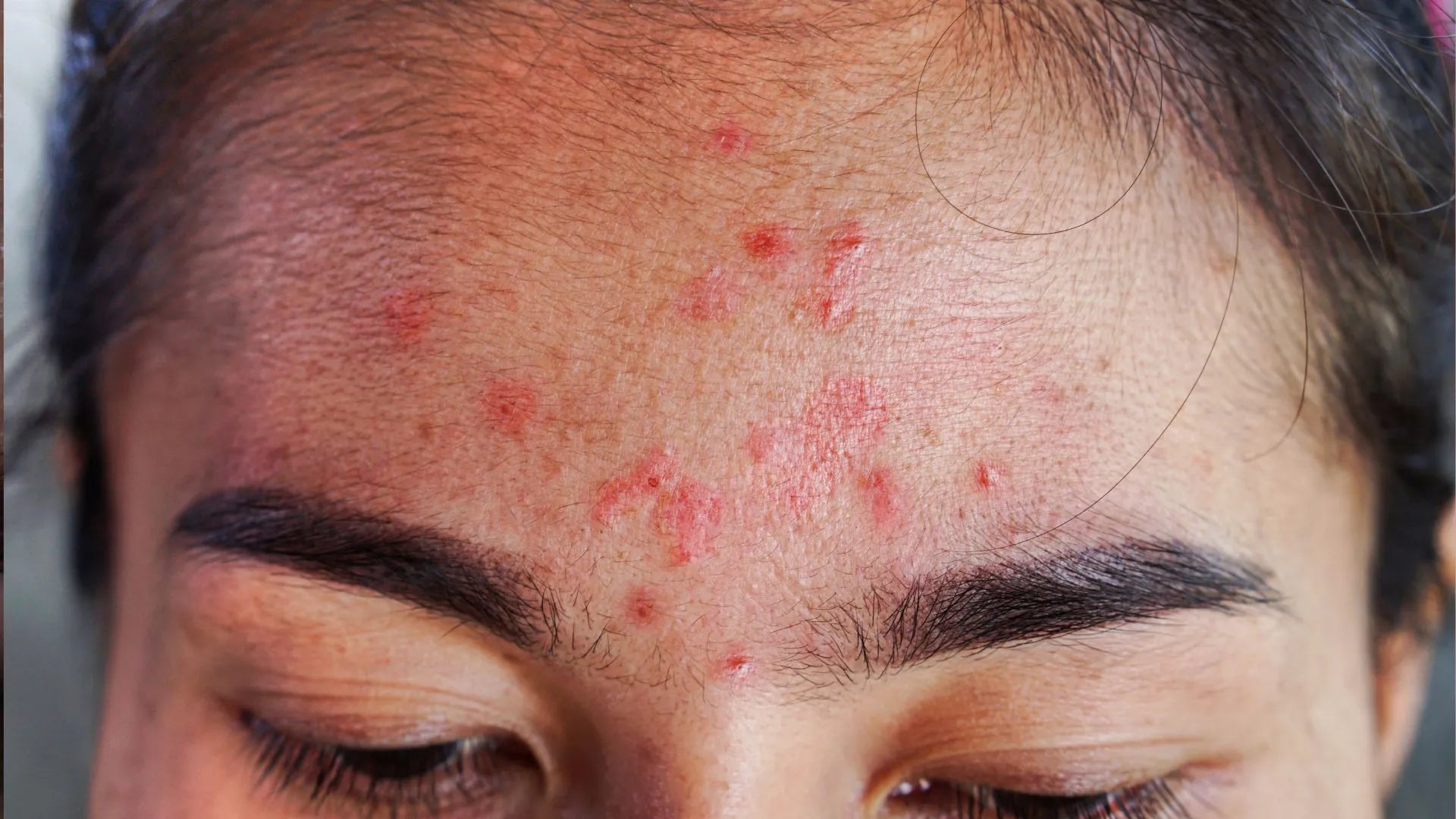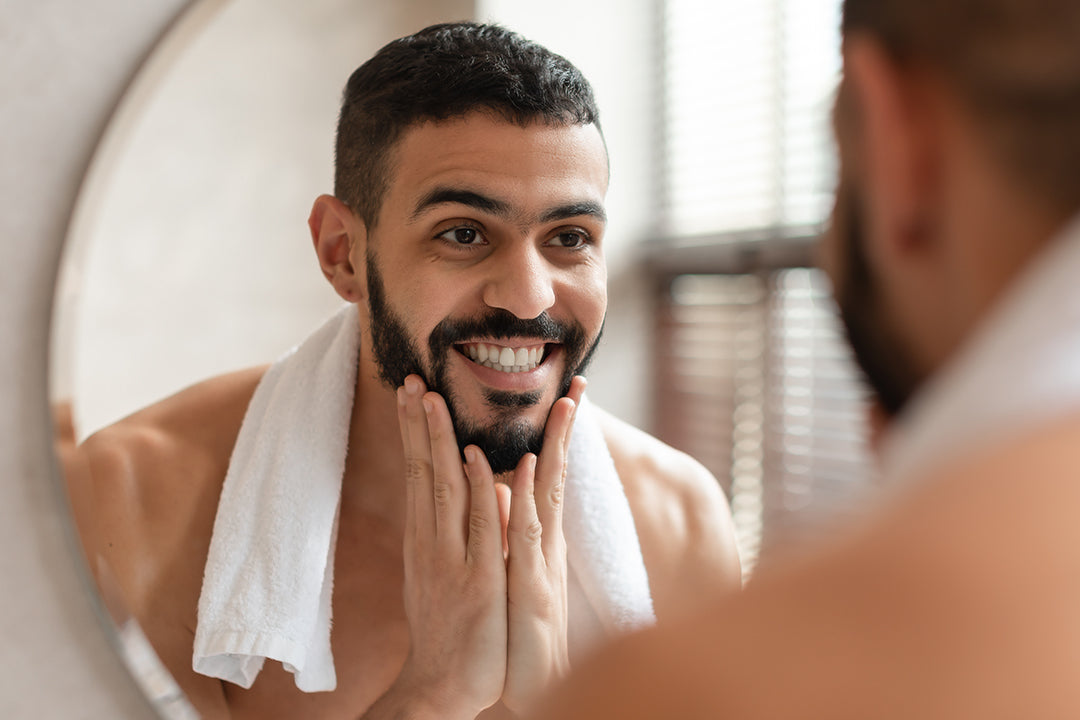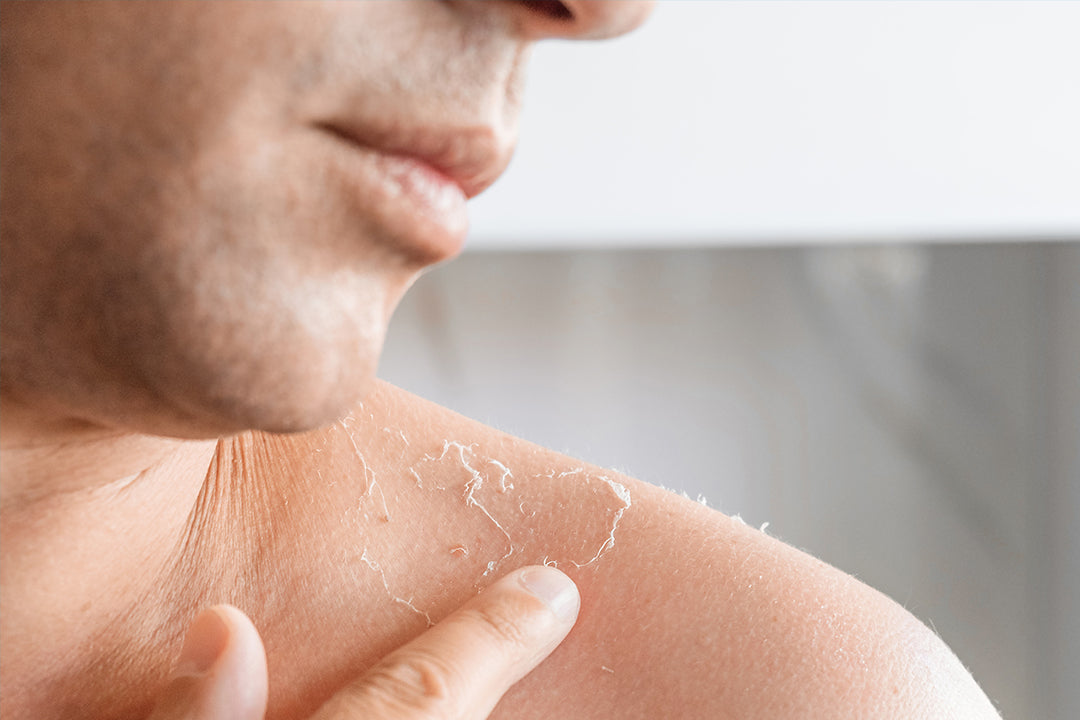Do you find yourself constantly scratching your forehead? An itchy forehead can be quite bothersome, but understanding the causes and exploring effective remedies can provide you with the relief you seek. In this comprehensive guide, we will delve into the common causes of forehead itching and discuss various treatment options, including natural remedies.
Causes of Itchy Forehead
There are several factors that can contribute to an itchy forehead:
- Dry Skin: Dry skin is a common cause of forehead itching. When the skin becomes dehydrated, it can become irritated and itchy. Factors such as cold weather, low humidity, and excessive washing can exacerbate dryness.
- Allergic Reactions: Allergies to certain substances, such as hair care products, can lead to an itchy forehead. The skin may become inflamed and develop a rash.
- Skin Conditions: Various skin conditions, such as eczema, psoriasis, and seborrhea, can cause itching on the forehead. These conditions are often characterized by redness, flakiness, and irritation.
- Infections: Infections caused by viruses or bacteria can also result in an itchy forehead. Conditions like folliculitis and impetigo can lead to small bumps and pustules on the skin.
- Hormonal Changes: Hormonal changes, particularly during pregnancy, can cause itching on the forehead. The increased levels of hormones in the body can affect the skin and lead to itchiness.
Treatment Options for Itchy Forehead
Fortunately, there are several treatment options available to help alleviate the discomfort of an itchy forehead:
- Moisturize: Keeping the skin well-hydrated is crucial for preventing and treating dryness. Use a gentle moisturizer daily to lock in moisture and soothe the skin.
- Avoid Irritants: If you suspect that certain hair care products or cosmetics are causing your forehead to itch, try eliminating them from your routine. Opt for hypoallergenic and fragrance-free options instead.
- Manage Stress: Stress can exacerbate skin conditions and trigger itching. Practice stress-management techniques such as meditation, deep breathing, and exercise to reduce stress levels.
- Use OTC Medications: Over-the-counter creams and ointments containing ingredients like hydrocortisone can help relieve itching and inflammation. However, consult with a healthcare provider before using any medication.
- Apply Natural Remedies: Natural remedies such as aloe vera gel, oatmeal baths, and chamomile tea compresses can provide soothing relief for an itchy forehead. These remedies have anti-inflammatory properties and can help reduce itching.
Preventing Future Forehead Rashes
Prevention is key when it comes to managing forehead rashes and itchiness. Here are some tips to help you prevent future outbreaks:
- Maintain a Skincare Routine: Establish a consistent skincare routine that includes gentle cleansing, moisturizing, and sun protection. This can help keep your skin healthy and minimize the risk of irritation.
- Avoid Harsh Products: Be mindful of the products you use on your face. Avoid harsh cleansers, exfoliants, and toners that can strip the skin of its natural oils and disrupt the skin barrier.
- Protect Your Skin: Protect your forehead from excessive sun exposure by wearing a wide-brimmed hat or using sunscreen with a high SPF. Sunburns can exacerbate itchiness and skin irritation.
- Manage Stress: Stress can worsen skin conditions and trigger itching. Practice stress-management techniques and engage in activities that help you relax and unwind.
When to Seek Medical Advice
In most cases, an itchy forehead can be managed with home remedies and over-the-counter treatments. However, there are certain situations where it is advisable to seek medical advice:
- If the itching persists for an extended period or worsens over time.
- If the itching is accompanied by severe pain, swelling, or pus-filled bumps.
- If the itching is interfering with your daily activities and quality of life.
Remember, it's essential to consult with a healthcare provider or dermatologist for a proper diagnosis and personalized treatment plan.
Takeaways
An itchy forehead can be irritating and uncomfortable, but with the right knowledge and treatment options, you can find relief. By understanding the common causes and implementing effective remedies, you can put an end to the itchiness and restore comfort to your forehead. Remember to take care of your skin, manage stress, and seek medical advice if needed. Say goodbye to forehead itching and hello to a healthier, happier you!








